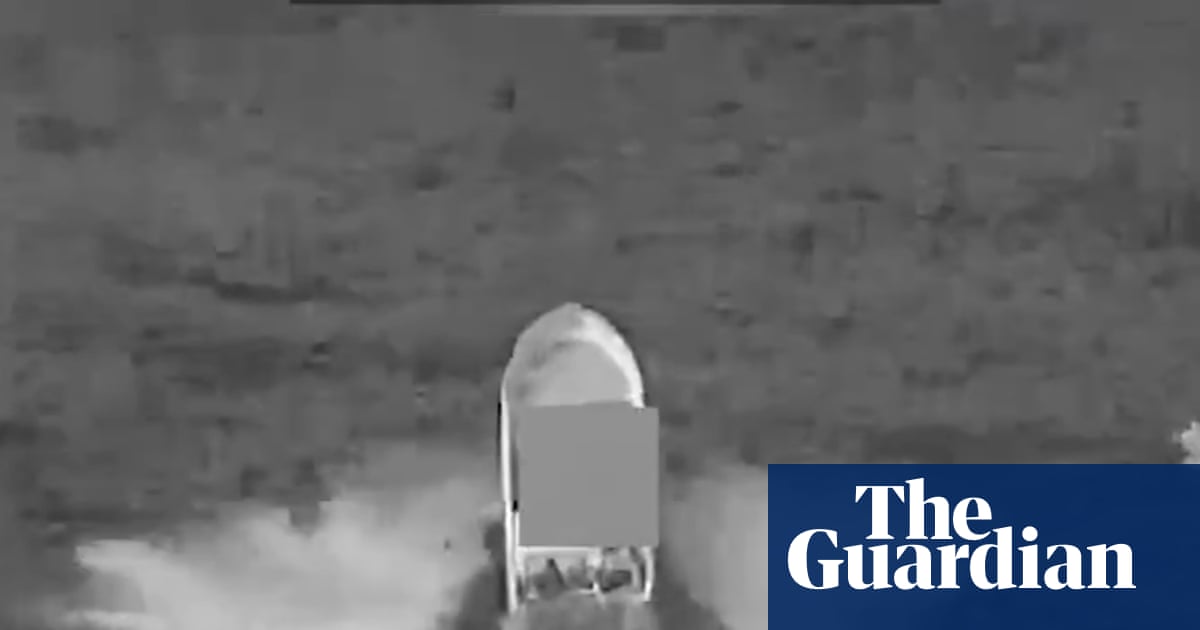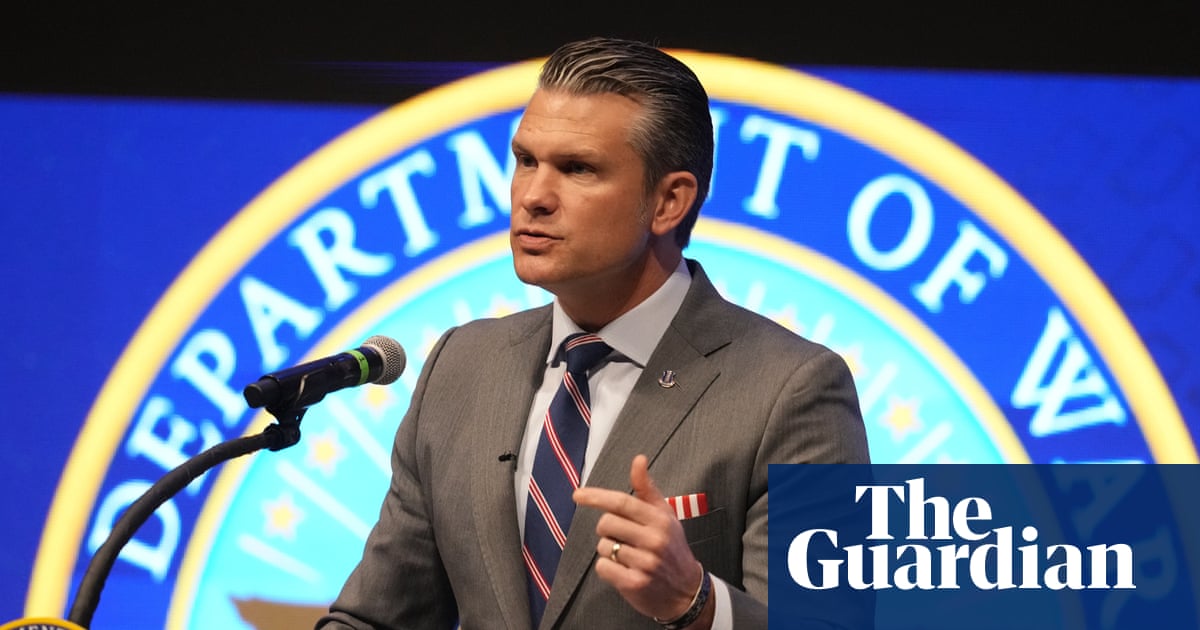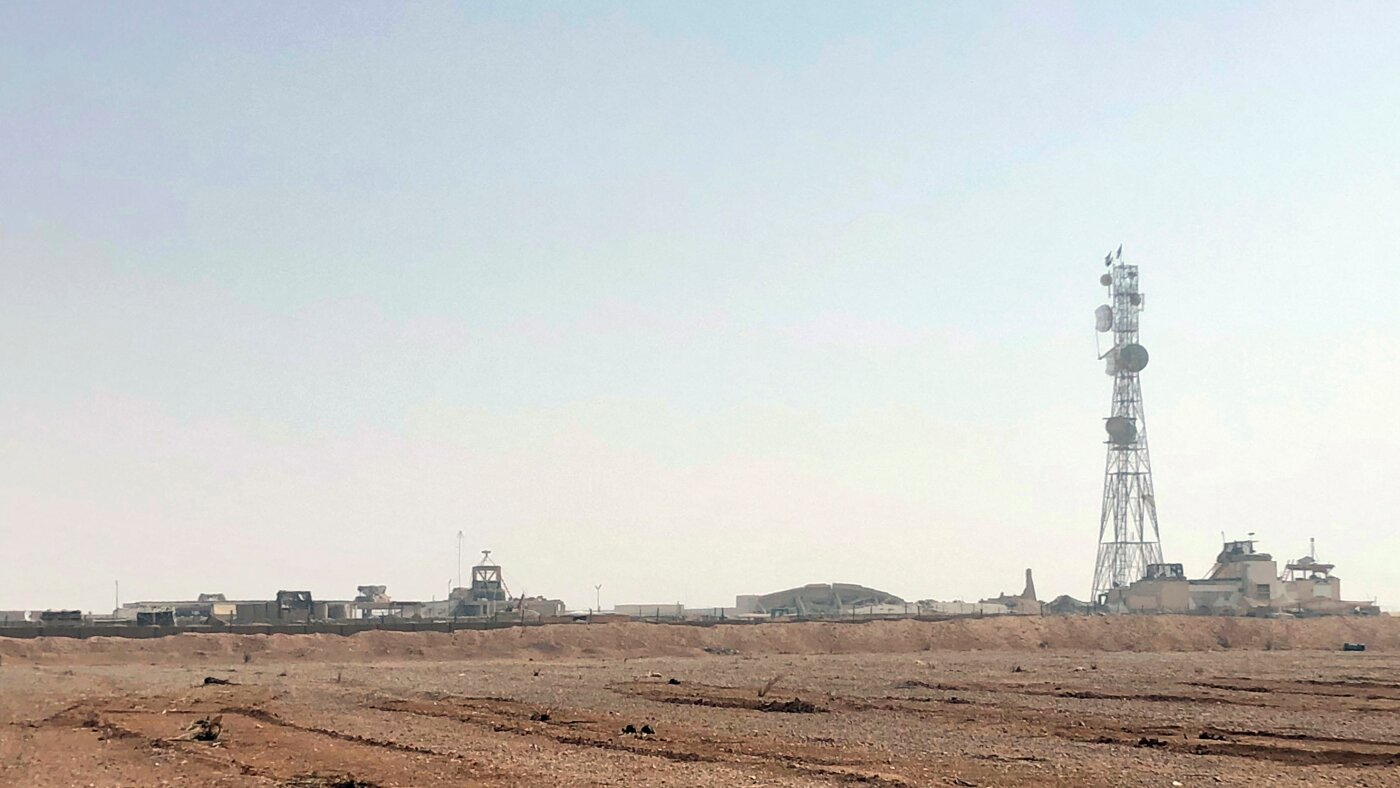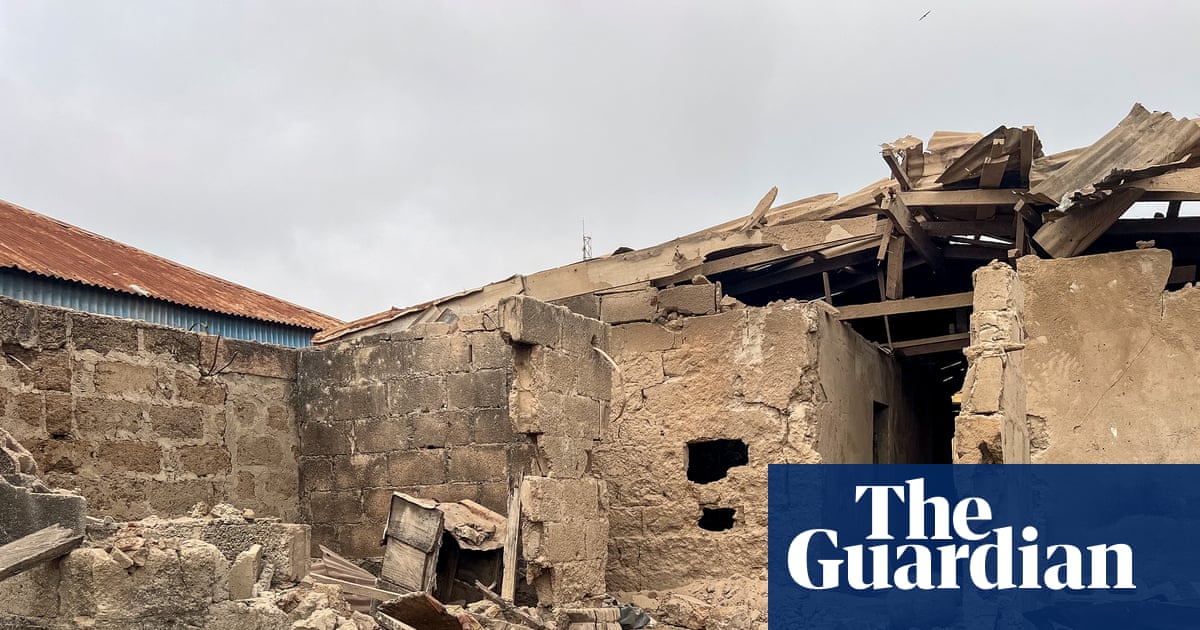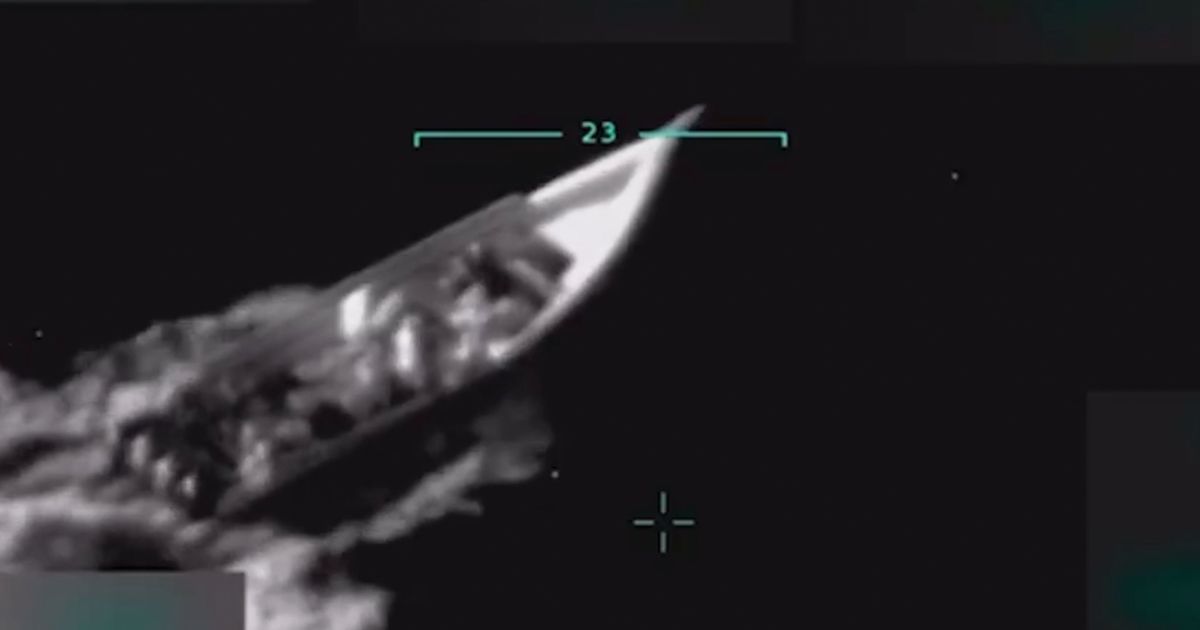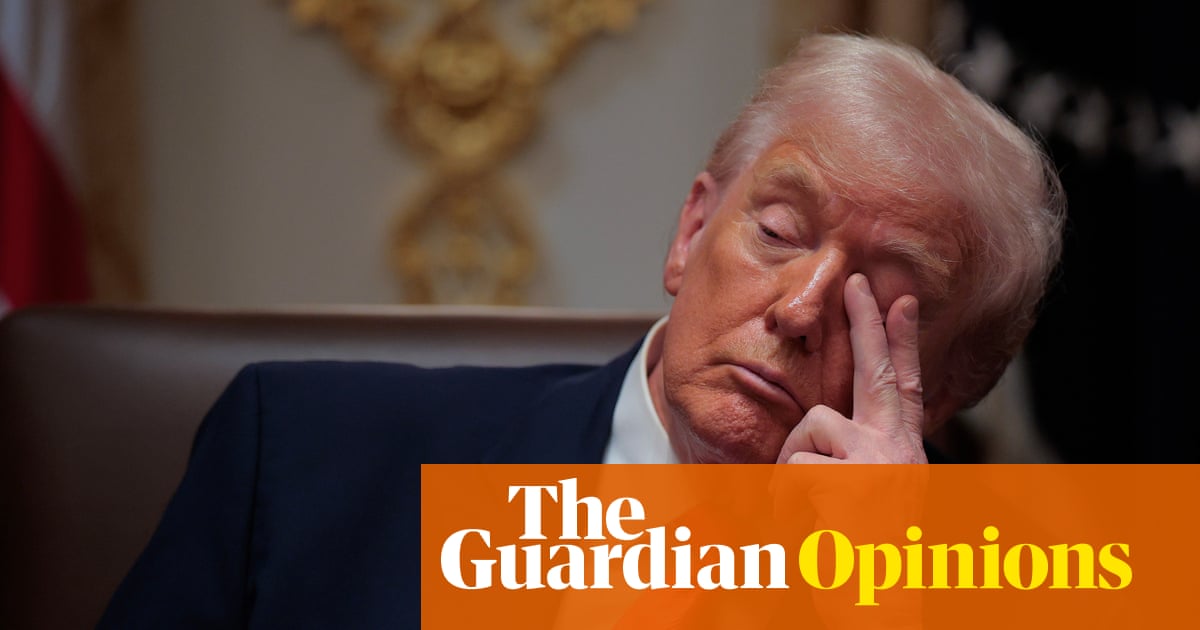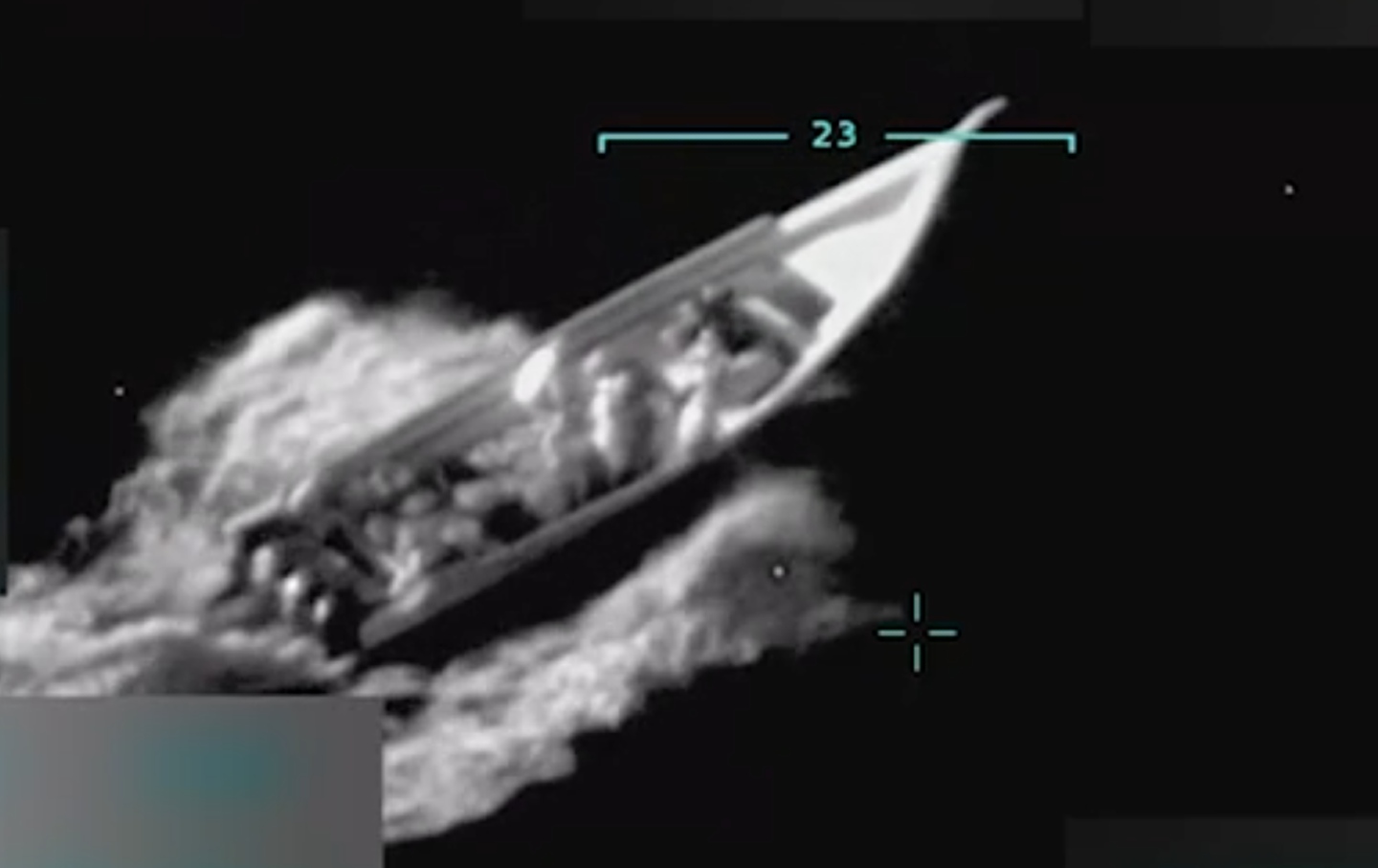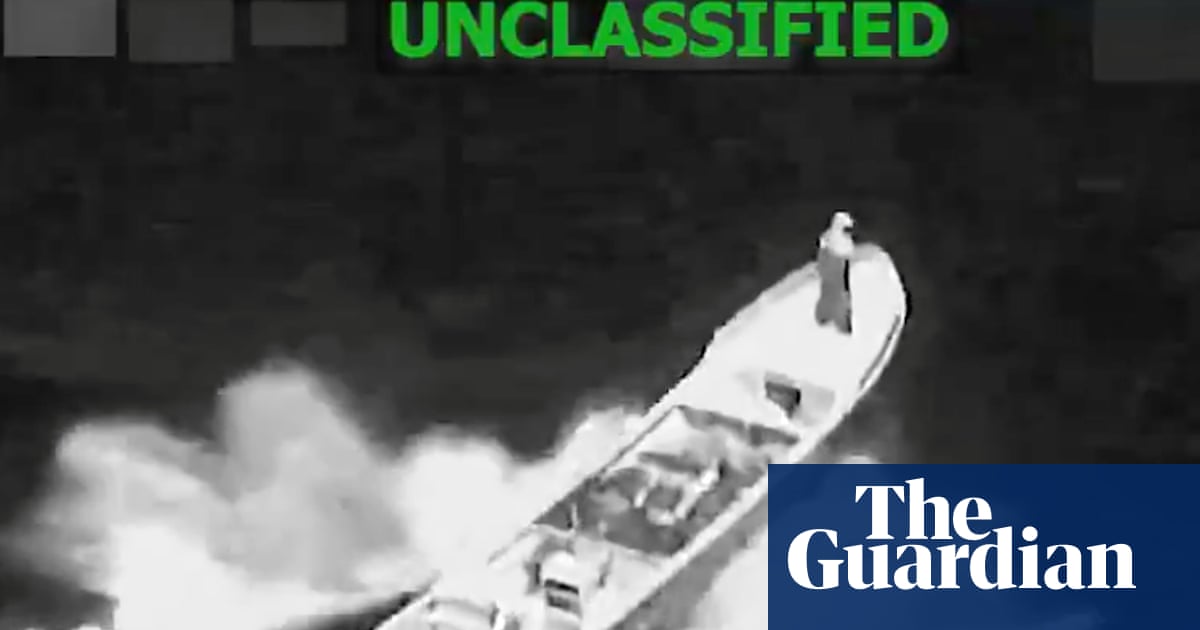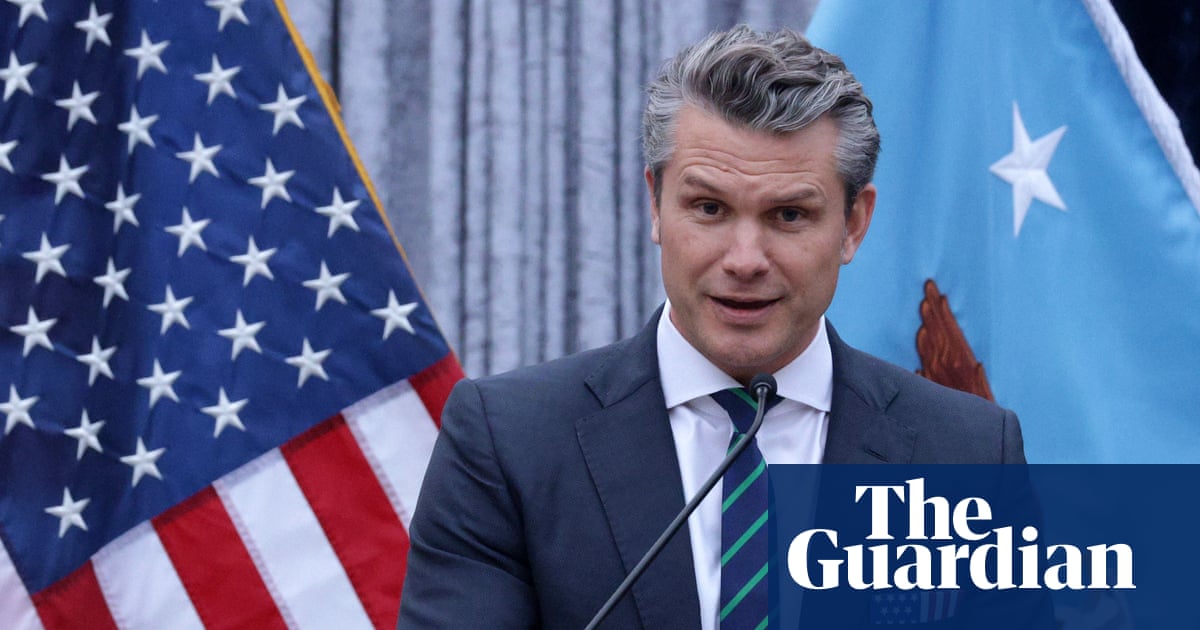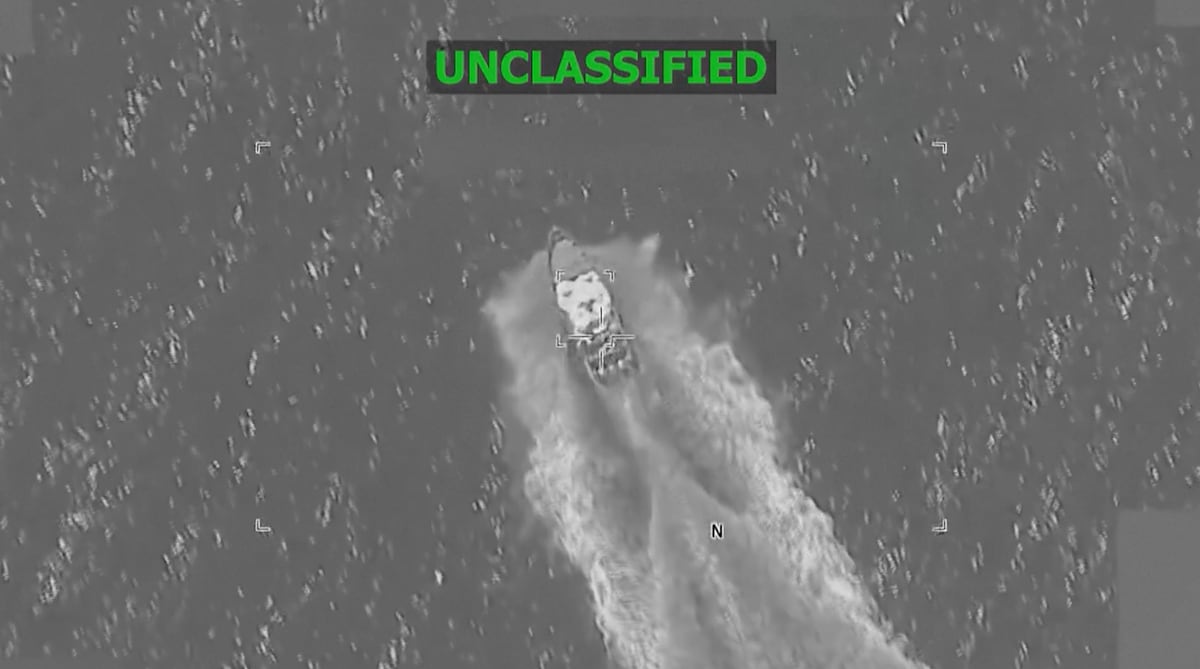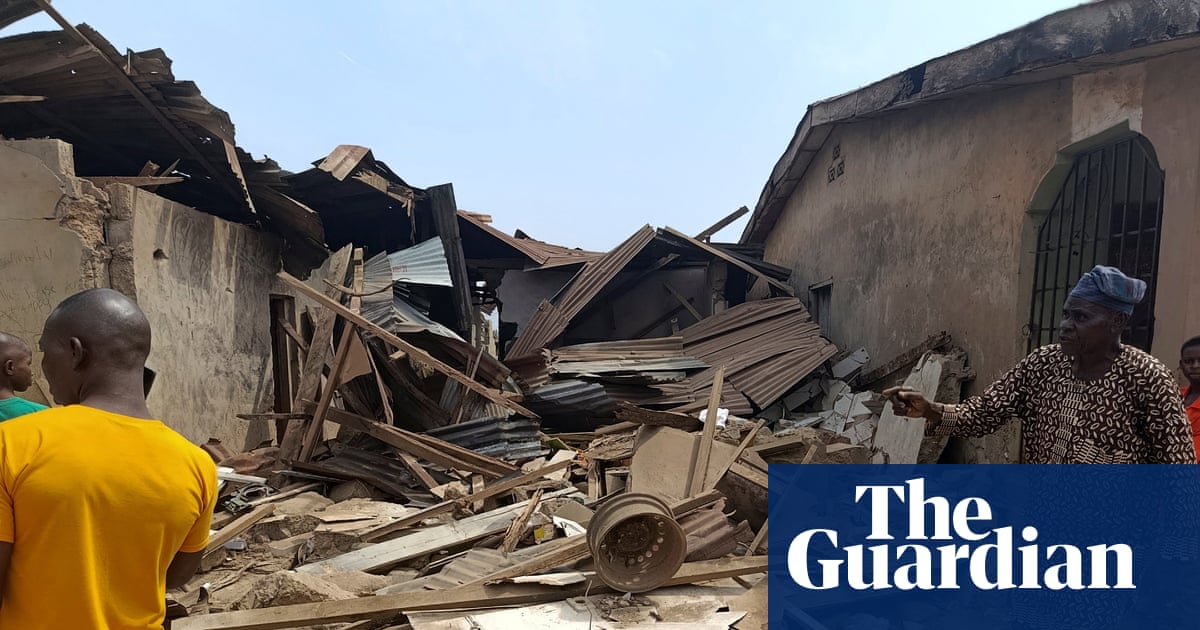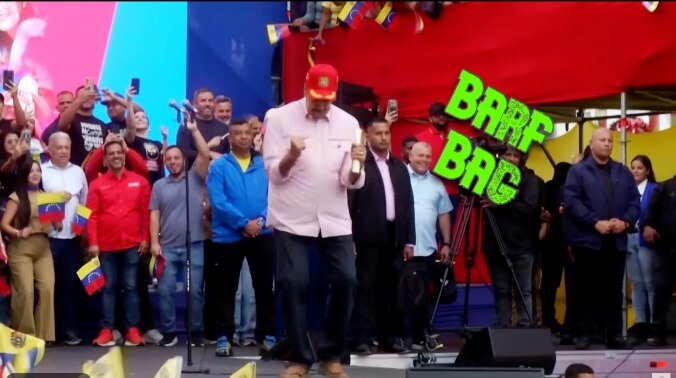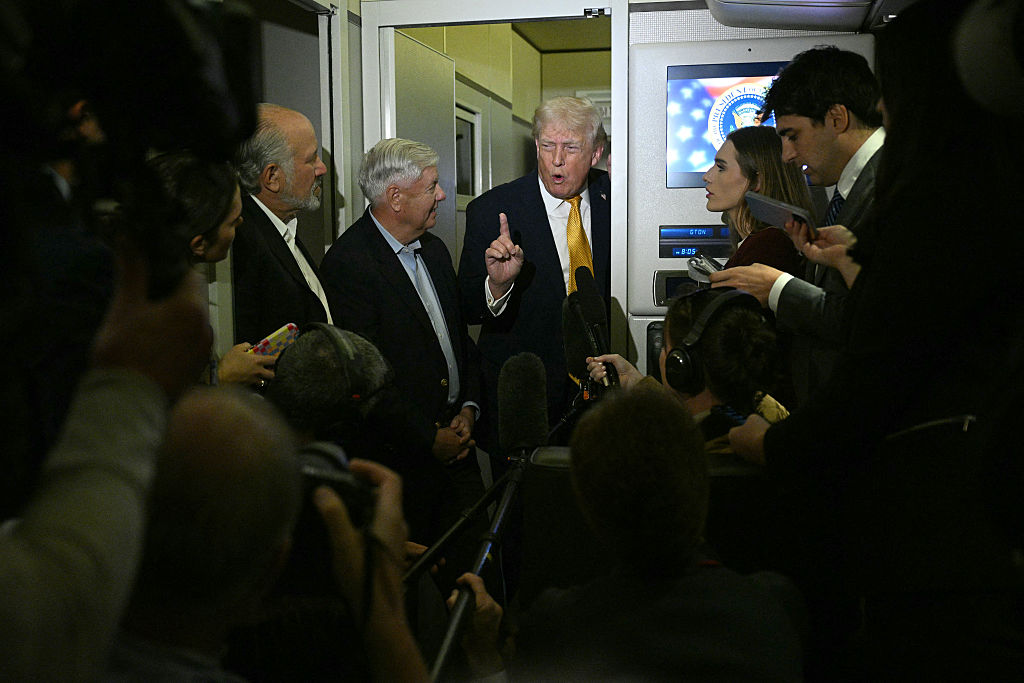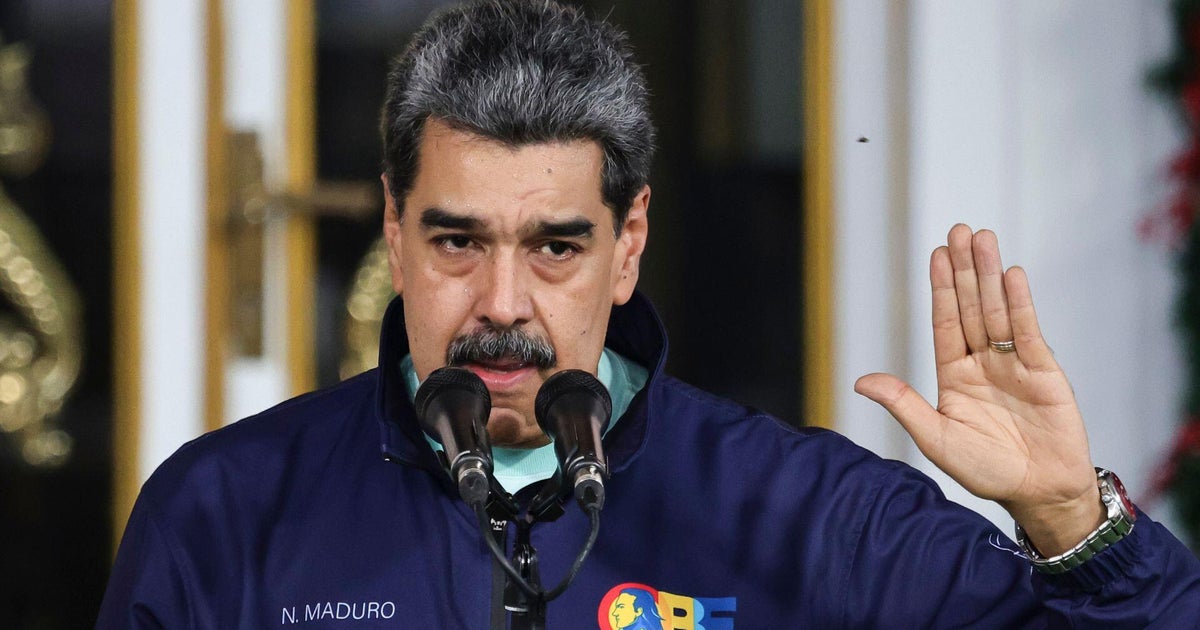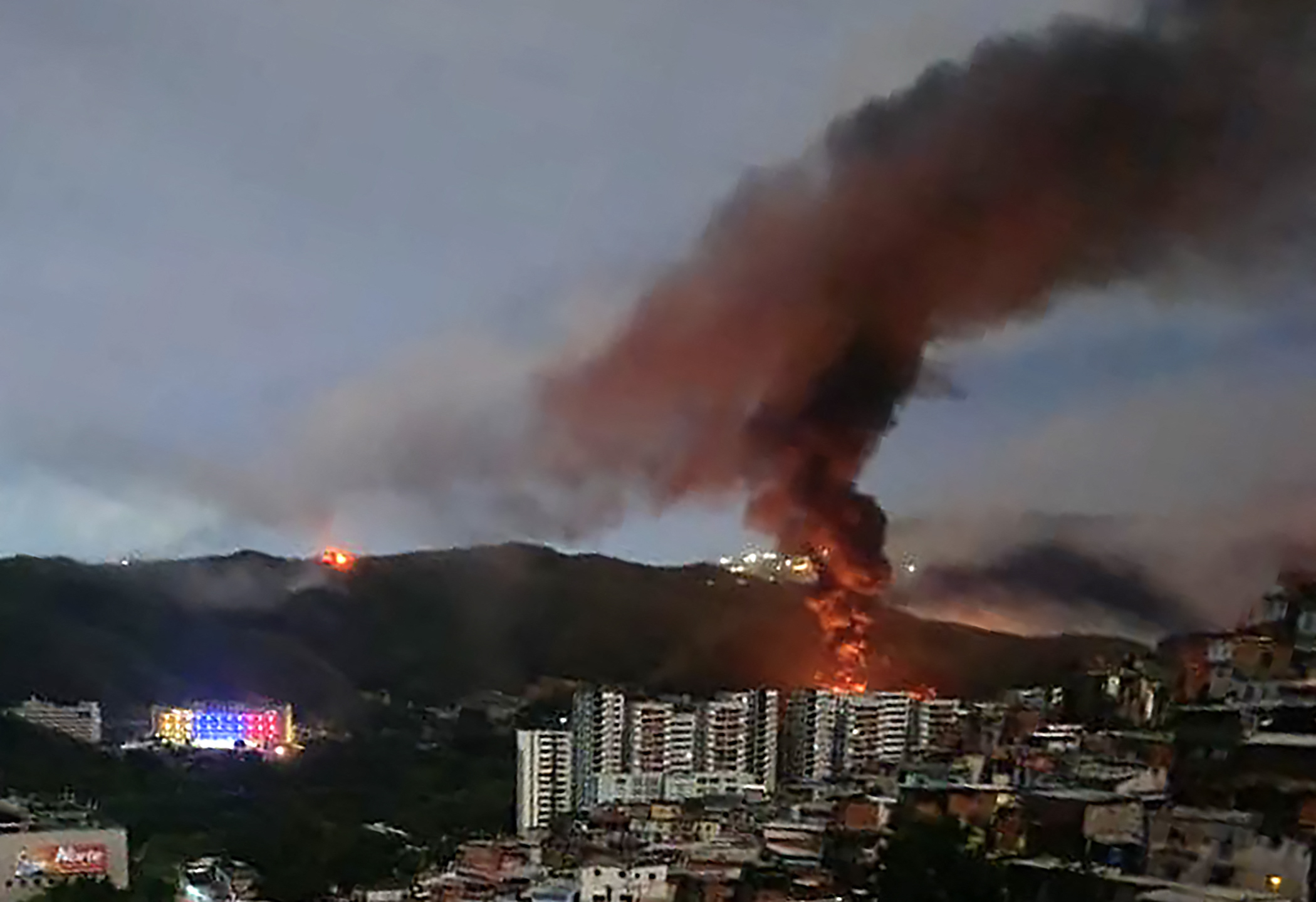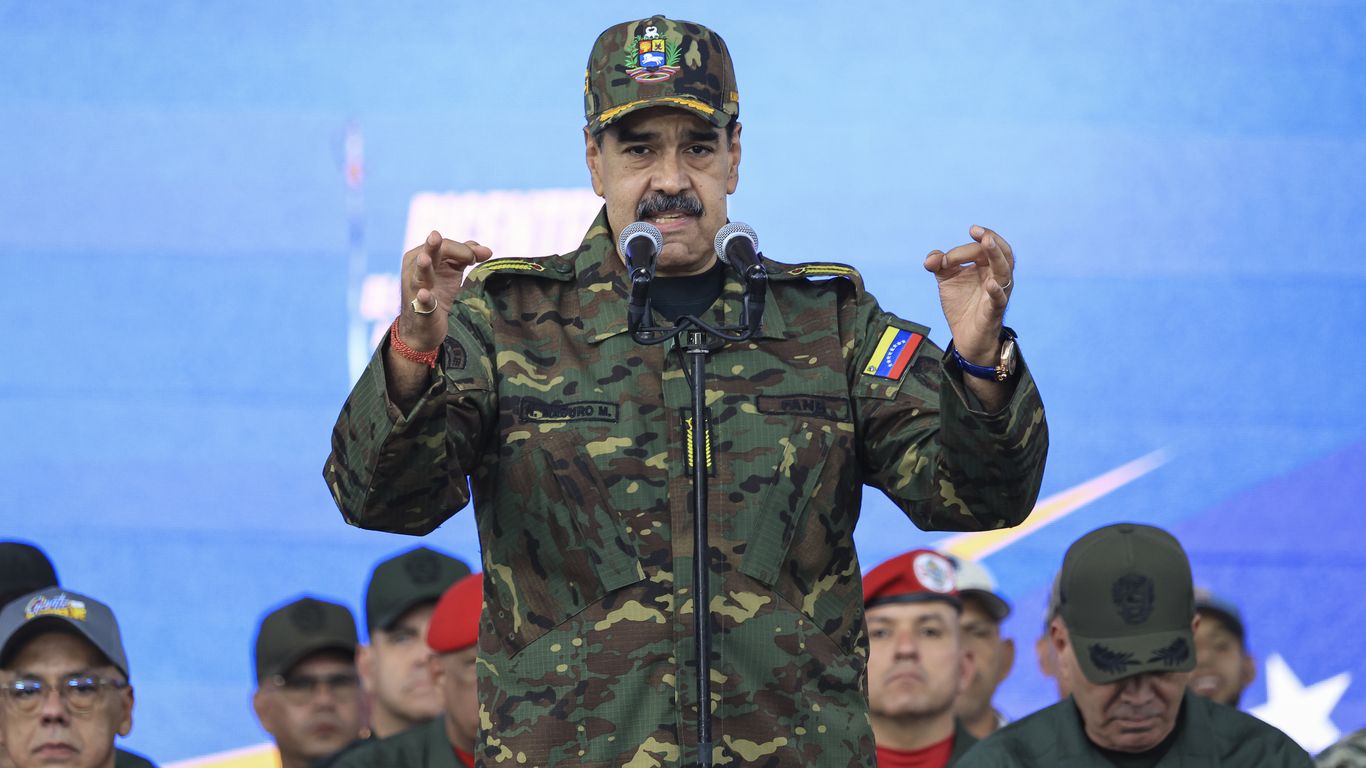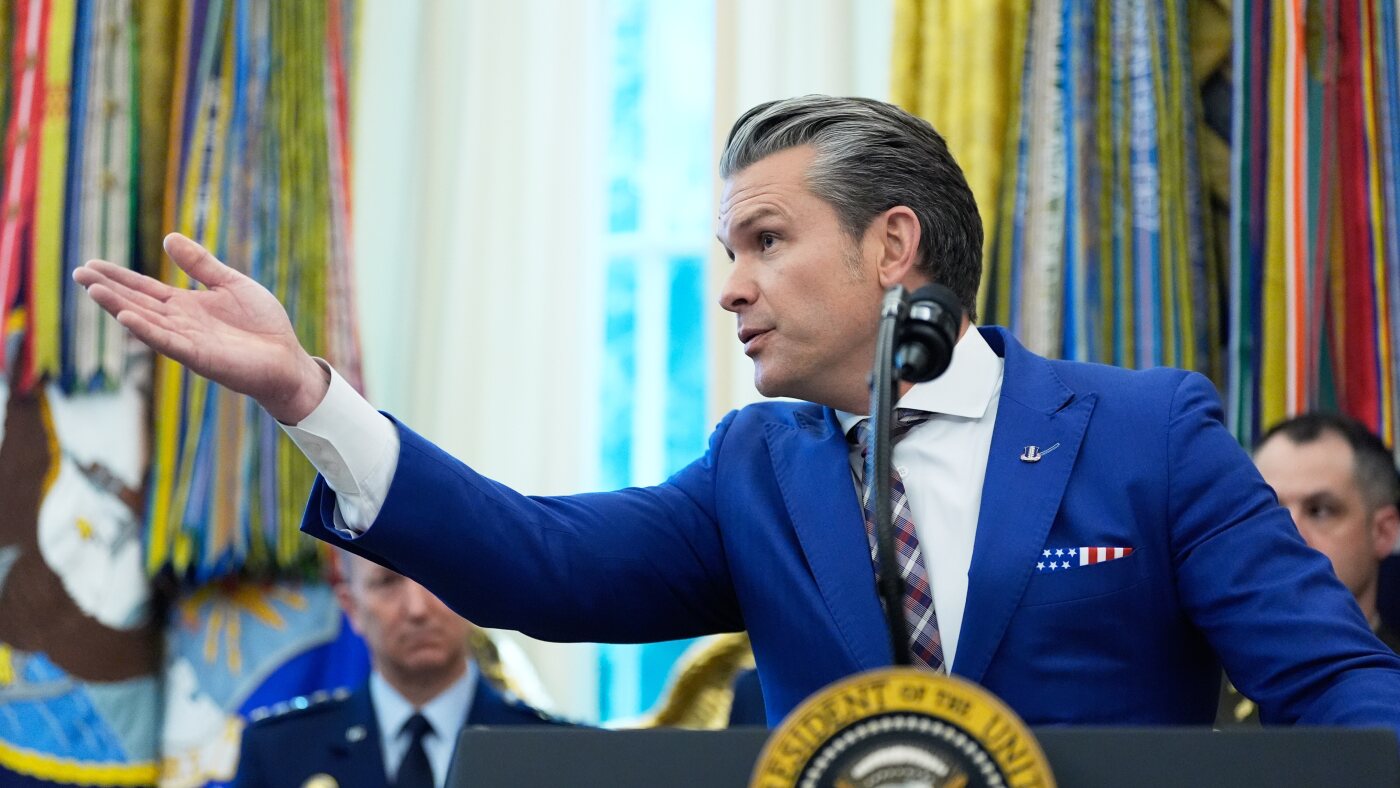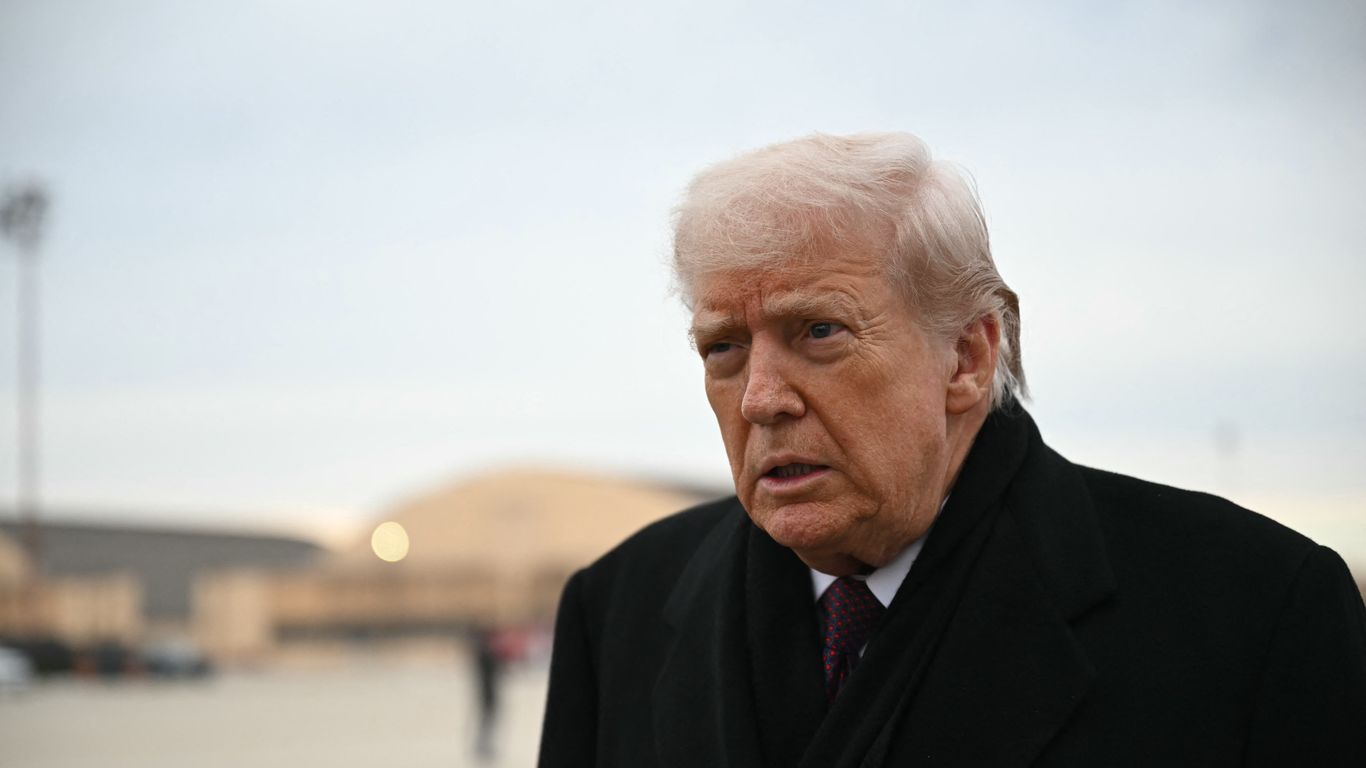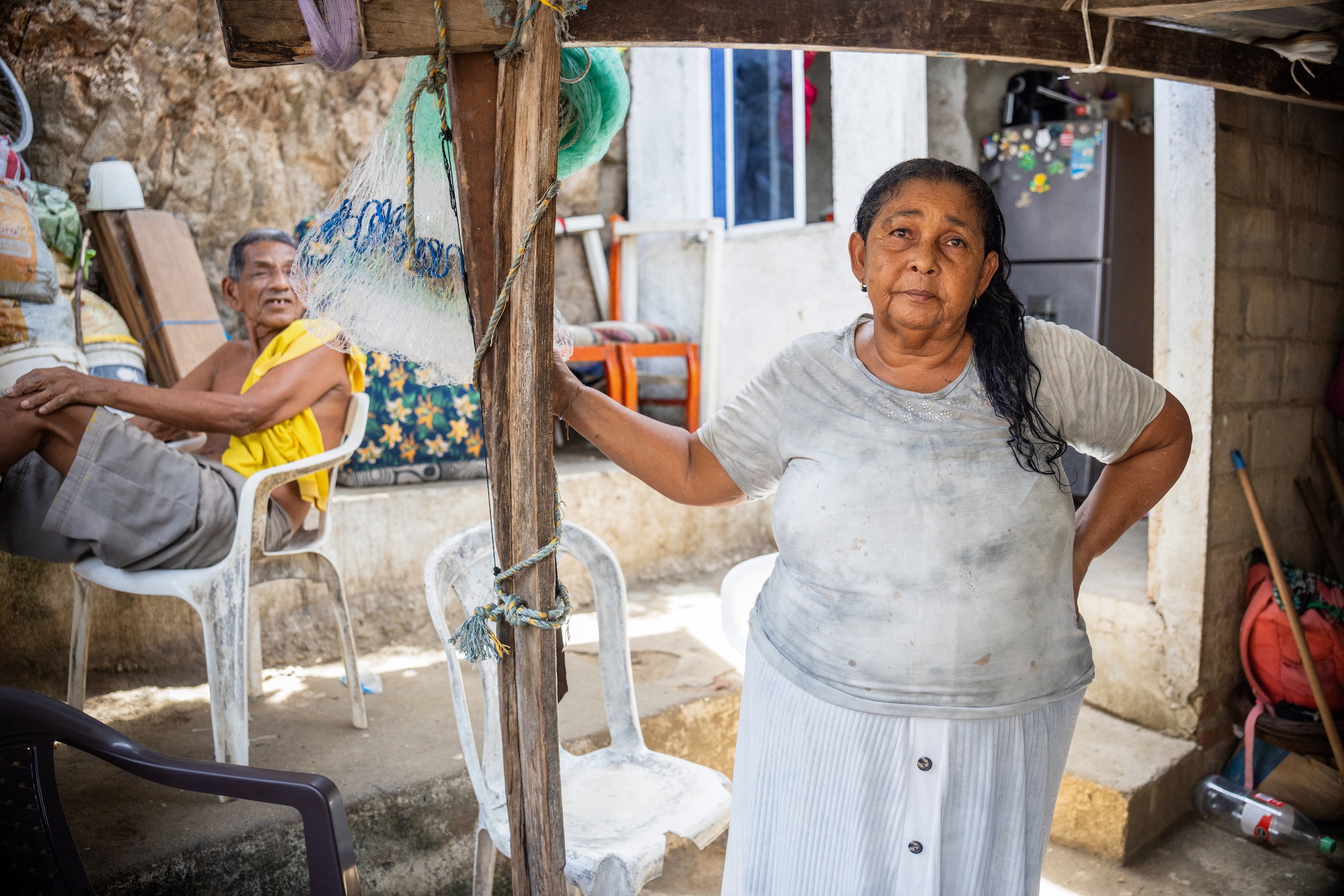#us-military-strikes
#us-military-strikes
[ follow ]
#venezuela #drug-trafficking #extrajudicial-killings #international-law #drug-smuggling #narco-trafficking
fromBusiness Insider
3 weeks agoThe US is facing a wrongful-death lawsuit after a lethal strike on a boat it says was smuggling drugs
The US armed forces have for months been carrying out lethal strikes against vessels it says were engaged in drug smuggling in the Caribbean and Eastern Pacific. Now, the families of two men killed in one of those strikes are suing the US government for damages. Two family members of Trinidadian nationals said to have been killed in a US boat strike in the Caribbean have accused the federal government of engaging in "unlawful" activity.
US politics
fromwww.theguardian.com
3 weeks agoFamilies of two men killed in Trump's military boat strikes sue US government
The lawsuit, shared in advance with the Guardian, says that Chad Joseph, 26, and Rishi Samaroo, 41, both of Las Cuevas, Trinidad, were returning to Trinidad from Venezuela when they and four other people were killed in the strike. It was the fifth attack announced by the White House under Donald Trump's campaign against the small go-fast boats the administration claims are connected to cartels and gangs.
World news
fromwww.aljazeera.com
1 month agoIran rejects inspections of bombed nuclear sites without IAEA framework
Speaking to reporters after a cabinet meeting in Tehran on Wednesday, Mohammad Eslami, head of Iran's Atomic Energy Organisation, said Tehran would not permit inspections of facilities struck by the US until the International Atomic Energy Agency (IAEA) establishes a clear framework for such visits, according to Iran's semiofficial Tasnim news agency. If there are established procedures for the post-war situation, the agency should announce them so that we can act accordingly, Eslami said.
World politics
fromwww.aljazeera.com
1 month agoVenezuela warns US aggression' is first stage amid continental ambitions'
Venezuela has told the United Nations Security Council (UNSC) that the United States has continental ambitions over much of Latin America as it wages an unofficial war to remove the government of Venezuelan President Nicolas Maduro. It's not just about Venezuela. The ambition is continental, Venezuela's UN ambassador, Samuel Moncada, told a meeting of the 15-member UNSC on Tuesday. The US government has expressed this in its National Security Strategy, which states that the future of the continent belongs to them, Moncada said.
World news
fromwww.aljazeera.com
2 months agoVenezuela's crisis is not an oil grab but a power grab
On September 2, United States President Donald Trump released grainy footage of a missile obliterating a fishing boat off Venezuela's coast. Eleven people died instantly. The administration called them narcoterrorists. Venezuelan sources identified them as fishermen. Since then, the US military has conducted at least 22 strikes, killing 87 people, with investigations revealing that the first attack included a second strike to kill two survivors clinging to wreckage a potential war crime under international law.
US politics
fromwww.eastbaytimes.com
2 months agoHegseth defends strikes on alleged cartel boats, says Trump can order use of force as he sees fit'
If you're working for a designated terrorist organization and you bring drugs to this country in a boat, we will find you and we will sink you. Let there be no doubt about it, Hegseth said during his keynote address at the Reagan National Defense Forum. President Trump can and will take decisive military action as he sees fit to defend our nation's interests. Let no country on earth doubt that for a moment.
US politics
Soccer (FIFA)
fromwww.mediaite.com
2 months agoCNN's Kaitlan Collins Confronts Trump To His Face On New Peace Prize' Right Next To Guy Who Gave It To Him
President Trump received an inaugural FIFA Peace Prize while his administration continues unauthorized maritime strikes that have killed dozens, prompting direct questioning about the contrast.
fromwww.theguardian.com
2 months agoThe Trump administration sinks to a new low opening fire on drowning men | Jonathan Freedland
The paper reported that US forces hit the targeted boat once, then hit it again the second strike killing two survivors clinging to the wreckage. According to the Post, the defence secretary, Pete Hegseth, had issued a verbal command to kill them all. Now that incident is under congressional scrutiny, with even some Republicans uneasy about what appears to be a clearcut case of a war crime.
US politics
fromwww.mercurynews.com
2 months agoFranklin the Turtle pushes back on Defense Secretary Pete Hegseth
Franklin the Turtle is a beloved Canadian icon who has inspired generations of children and stands for kindness, empathy and inclusivity, the publishing house Kids Can Press said in a statement Monday night. We strongly condemn any denigrating, violent or unauthorized use of Franklin's name or image, which directly contradicts these values. The statement comes after Hegseth posted a doctored book cover on X showing Franklin dressed for war and firing rocket-propelled grenades from a helicopter at boats below.
Canada news
World news
fromenglish.elpais.com
2 months agoFamily of Colombian fisherman killed in strike in the Caribbean files formal complaint against US
Alejandro Carranza's family filed the first IACHR complaint alleging U.S. military strikes killed him and other civilians in Caribbean drug-running boat attacks.
World news
fromwww.theguardian.com
2 months agoTrump backs Hegseth as defense secretary denies ordering second strike on boat US politics live
President denied ordering a second strike; allegations claim Hegseth directed killing survivors, Venezuela calls the strikes murder, and lawmakers seek accountability.
fromSlate Magazine
2 months agoDear JAG: What Do I Do if I Get Unlawful Orders to Blow Up Civilian Boats
This month saw another deadly U.S. military strike on a civilian vessel, suspected of drug trafficking, in international waters. As these strikes have escalated, questions have only increased around their lawfulness. At the same time, President Donald Trump last week accused Democratic lawmakers of "treason" for producing a viral video noting that members of the military must remain vigilant in the face of potentially unlawful orders from the commander in chief.
US politics
US politics
fromFortune
3 months agoThe Coast Guard has seized a record amount of cocaine - while Trump says interdiction has failed and is blowing up suspected drug boats | Fortune
The Trump administration replaced decades-long maritime interdiction policy by authorizing military strikes that destroyed suspected drug boats, causing deaths and provoking international criticism.
fromwww.aljazeera.com
3 months agoTrump administration backs legal immunity for strikes in Caribbean: Report
United States President Donald Trump's administration has drafted a legal opinion stating that US military personnel involved in military strikes off the coast of Latin America are immune from prosecution, The Washington Post and the Reuters news agency have reported. The Department of Justice's Office of Legal Counsel provided the White House with the opinion on the issue of criminal liability for the strikes on vessels in the Caribbean, the outlets reported on Wednesday, citing multiple sources familiar with the matter.
US politics
fromwww.npr.org
3 months agoFlight issues could linger after shutdown. And, Google's lawsuit targeting scammers
The Republican-led House of Representatives is expected to approve a funding bill today that will bring an end to the longest government shutdown in U.S. history. Most Democrats denounced it because it doesn't address health care subsidies that are expiring at the end of the year. Some Democrats have called for Senate Minority Leader Chuck Schumer to be ousted from his leadership role, even though he voted against the plan.
US politics
[ Load more ]

